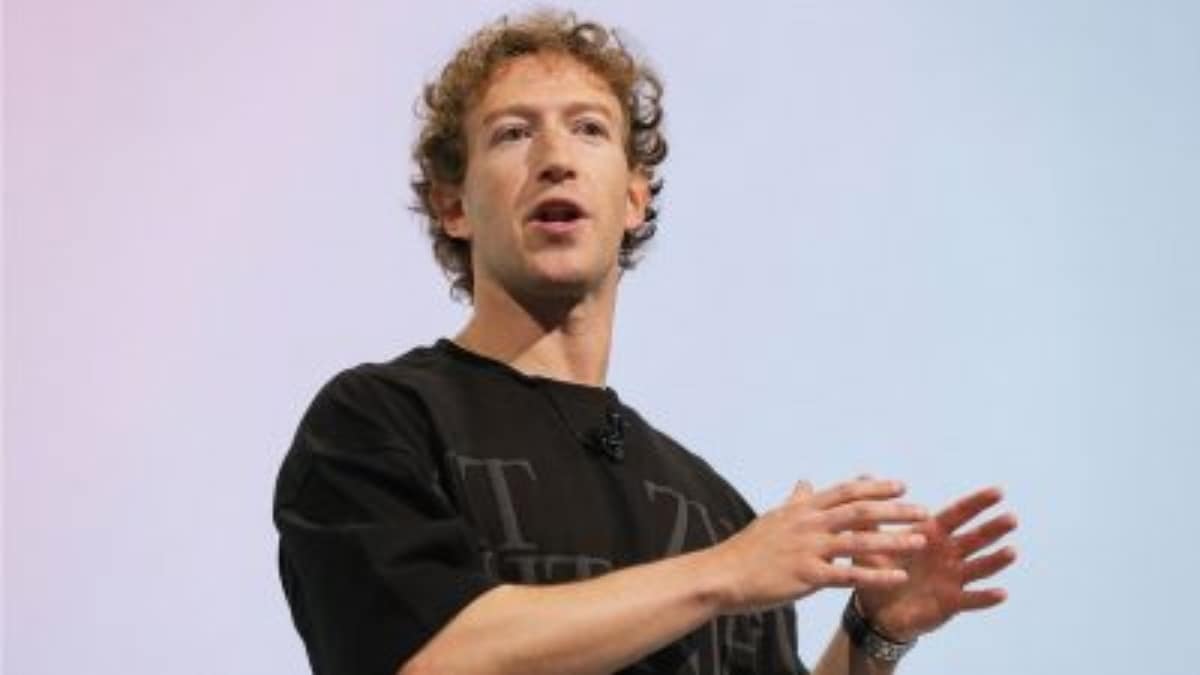Zuckerberg had criticised Europe’s regulatory landscape. The rebuttal is one of the strongest responses from an EU official amid ongoing tensions with US tech companies over regulatory complianceread more
European Commission Vice President Henna Virkkunen dismissed Meta CEO Mark Zuckerberg’s claim that the European Union is “institutionalising censorship,” calling the statement misleading and untrue.
“We know that it’s not true,” POLITICO cited Virkkunen as saying in an interview. “In Europe freedom of speech is one of our fundamental values and it’s also respected and protected [in] our Digital Services Act. So it’s very misleading also to say that.”
Her comments came in response to Zuckerberg’s announcement that Meta is ending its US third-party fact-checking program.
Zuckerberg had criticised Europe’s regulatory landscape, saying, “Europe has an ever-increasing number of laws institutionalising censorship and making it difficult to build anything innovative there.”
Virkkunen, a Finnish politician from the centre-right National Coalition Party who assumed office as EU commissioner for tech sovereignty, security, and democracy on December 1, described Zuckerberg’s remarks as misleading.
The rebuttal is one of the strongest responses from an EU official amid ongoing tensions with US tech companies over regulatory compliance.
Virkkunen also addressed an EU investigation into Elon Musk’s social media platform X (formerly Twitter) over allegations it violated the bloc’s Digital Services Act. The platform faces charges for failing to assess and mitigate risks to electoral processes and civic discourse, a requirement under the new law.
“We are also assessing whether the current scope of the investigation if it’s sufficient,” she said.
Musk has been criticised for using his platform to support Germany’s far-right Alternative für Deutschland (AfD) party. The Commission’s probe, initiated in July, could result in a fine of up to 6 per cent of X’s annual revenue if the company is found in violation.
Virkkunen said it was unclear if the investigation would conclude before Germany’s February 23 election. She noted she had not watched Musk’s recent conversation with AfD co-leader Alice Weidel, adding, “I’ve never been very active on X.”
The EU’s Digital Services Act is among the most stringent tech laws globally, aiming to regulate content moderation, transparency, and platform accountability.
